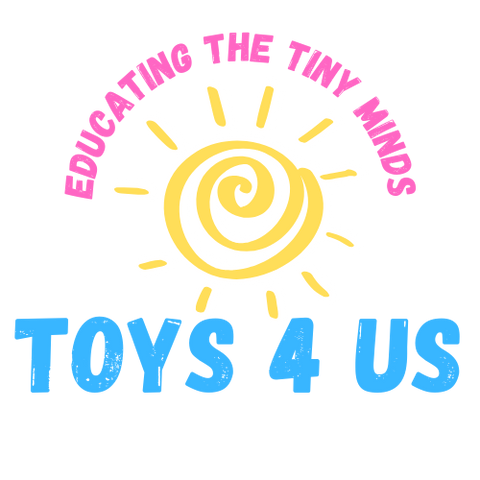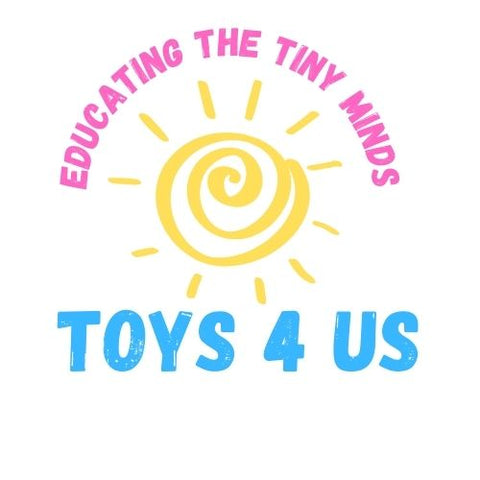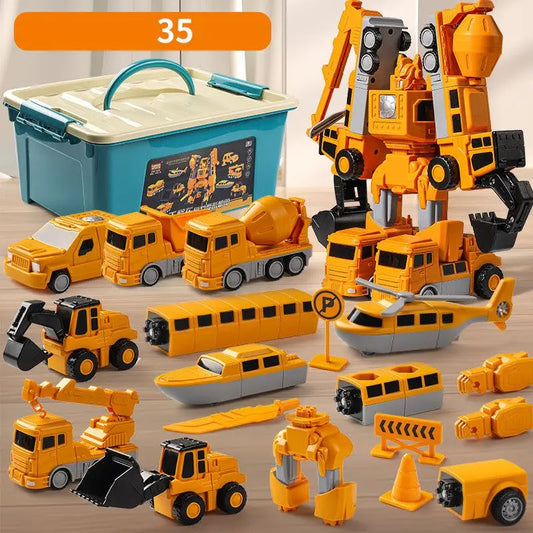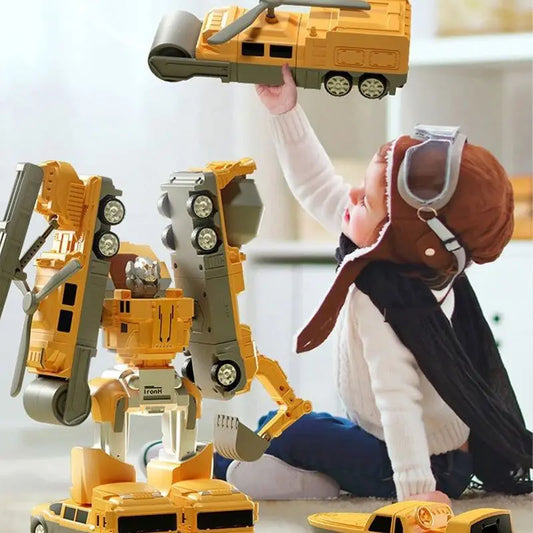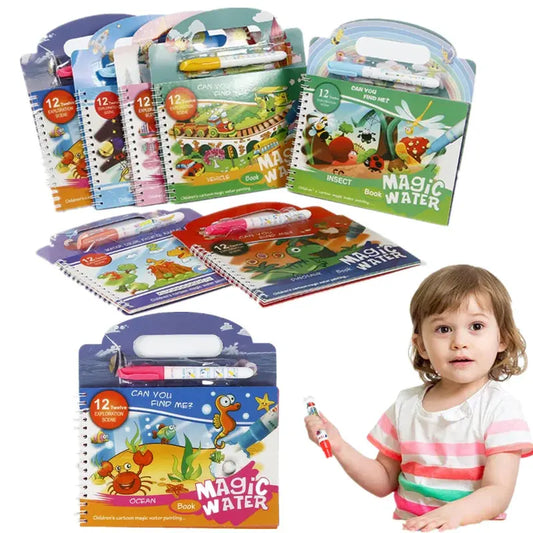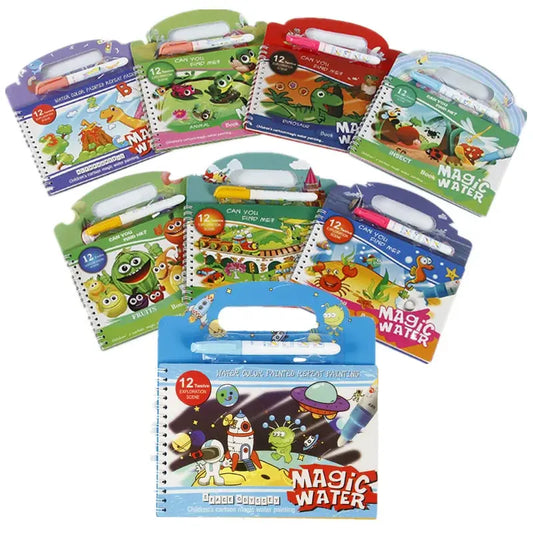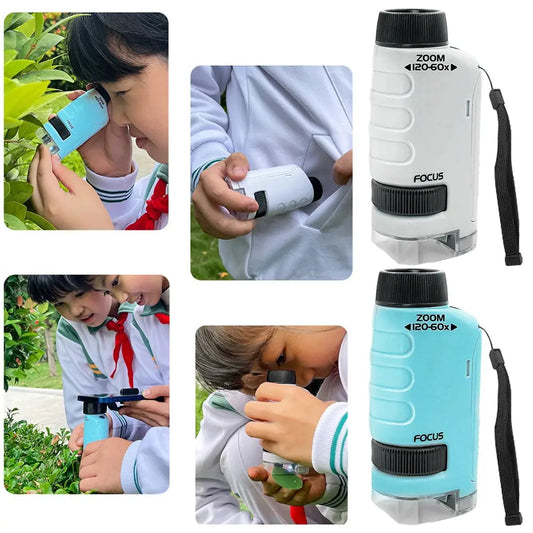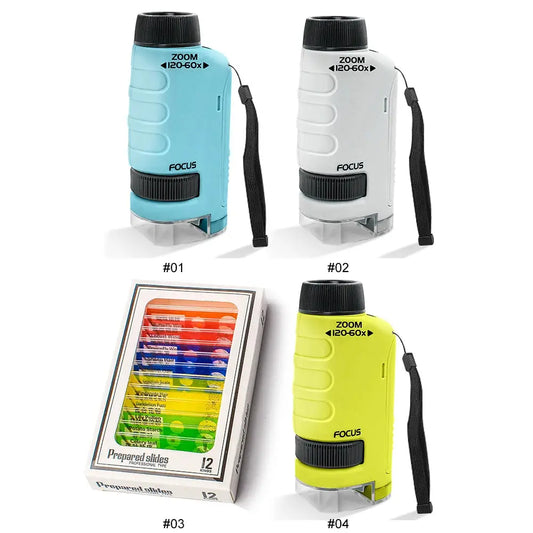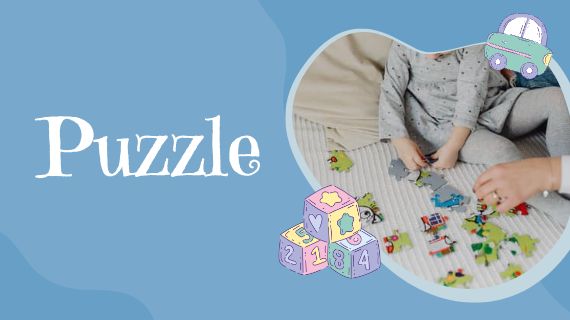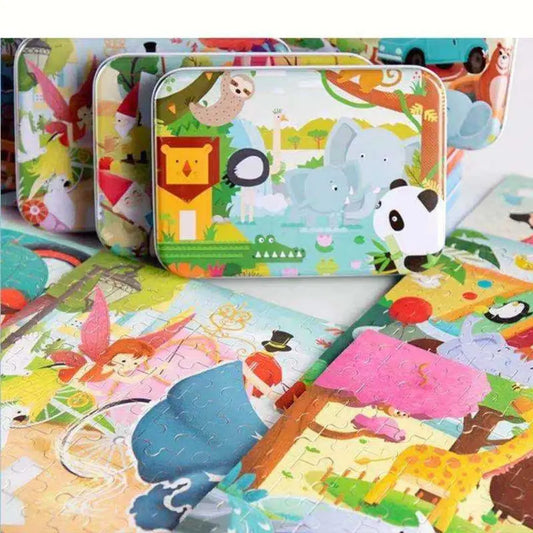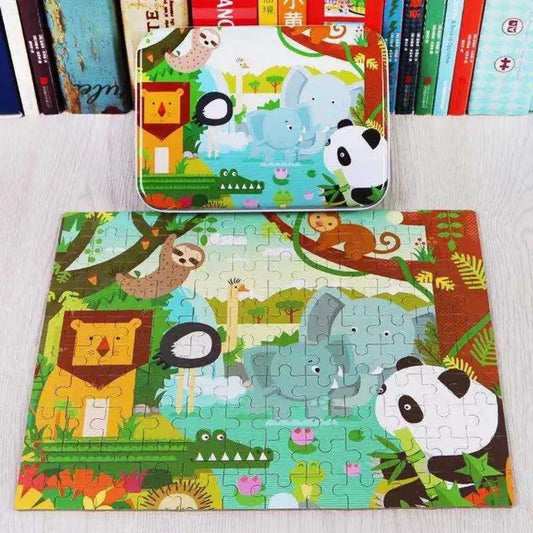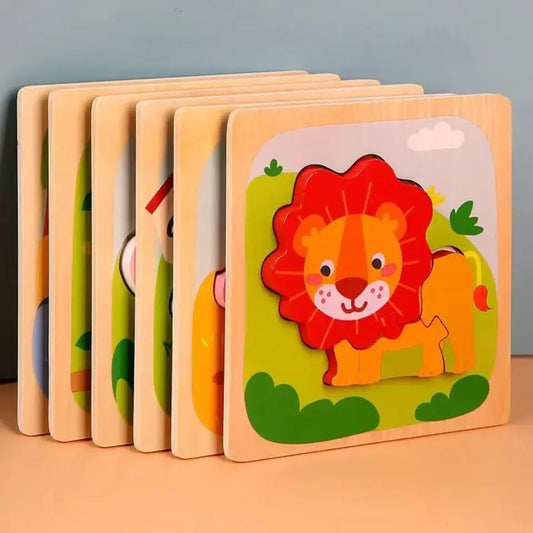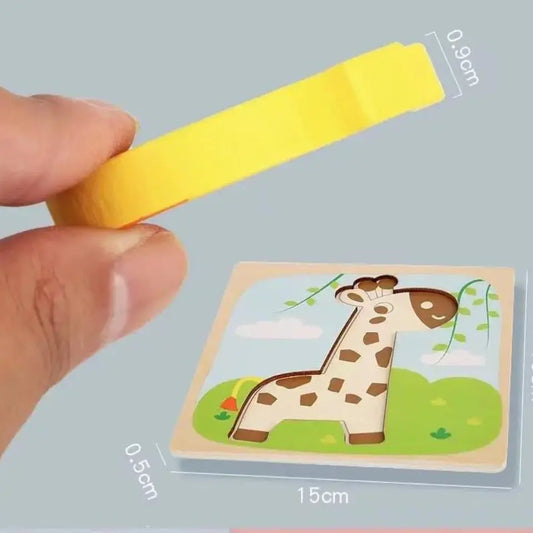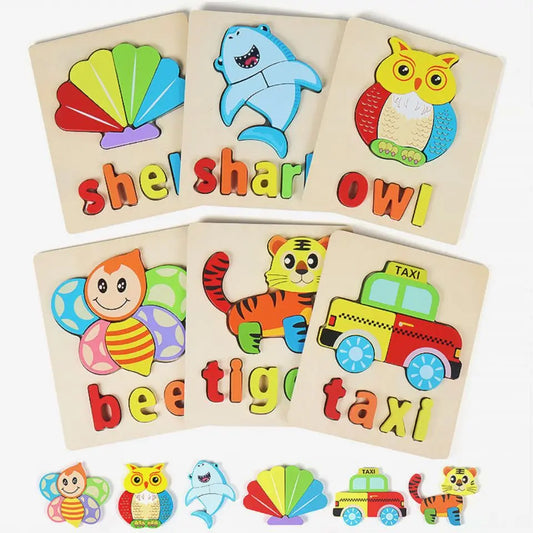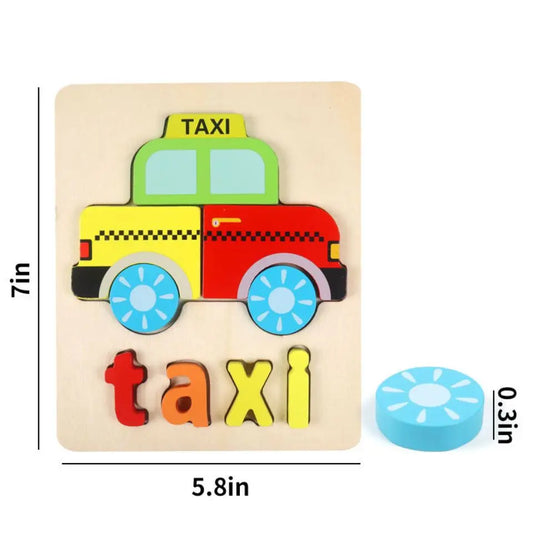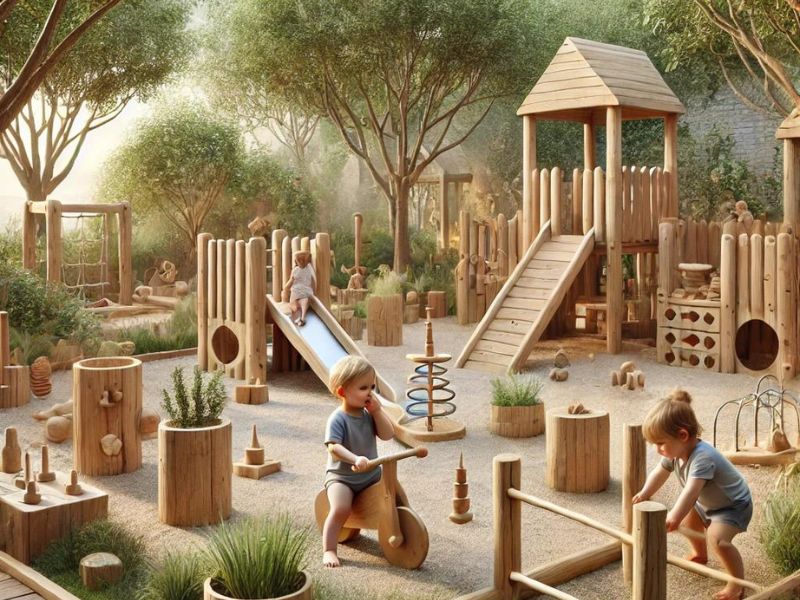Montessori Toys for Infants: Montessori toys have become increasingly popular among parents in Australia due to their ability to support early childhood development. These toys, based on the educational philosophy of Dr. Maria Montessori, are designed to encourage children to explore and learn independently. In this Guide to Montessori Toys in Australia, we will discuss how Montessori toys can enhance learning from an early age, specifically for infants. When it comes to Choosing the Best Montessori Toys, parents and caregivers are looking for toys that promote motor skills, sensory exploration, and cognitive development. The simplicity and purposefulness of Montessori Toys Australia provide infants with the right tools to begin learning about their environment in meaningful ways.
Montessori toys are different from conventional toys because they focus on supporting a child’s natural developmental needs. These toys are made from natural materials, such as wood or cotton, and have a minimalist design. This allows infants to concentrate on using their senses to explore shapes, textures, and sounds. Toys such as grasping beads, wooden rattles, and sensory balls encourage infants to interact with their environment, helping them develop essential skills like hand-eye coordination, fine motor control, and sensory awareness. By using Montessori toys, infants are given the opportunity to engage in self-directed play, which fosters independence and cognitive growth.
The Importance of Montessori Toys for Infants
Montessori toys are not just playthings. They are designed with a specific purpose: to encourage development through exploration and sensory engagement. Infants are natural explorers who use all their senses—sight, touch, sound, taste, and smell—to learn about their environment. Montessori toys capitalize on this by offering simple, natural materials that allow babies to explore textures, sounds, and movements.
During the first year of life, babies are building the foundations for more complex skills like language, problem-solving, and social interaction. Montessori toys help facilitate these early learning experiences by offering objects that are easy to manipulate and inviting to touch. For example, a wooden rattle not only makes a sound when shaken but also helps the infant develop their grasping reflex and coordination. These toys provide infants with opportunities to practice their motor skills while stimulating their senses.
Key Features of Montessori Toys for Infants
Montessori toys for infants have several distinct characteristics that set them apart from conventional toys. These features are designed to support a child’s development in a meaningful way.
-
Natural Materials: Most Montessori toys are made from natural materials like wood, cotton, and metal, which provide a sensory-rich experience. Unlike plastic toys, these materials are non-toxic and environmentally friendly. The textures and weights of these materials also engage a baby’s senses more effectively than synthetic alternatives.
-
Simple, Minimalist Design: Montessori toys are typically simple and free from flashing lights or sounds. This simplicity encourages infants to focus on the task at hand without being overstimulated. Toys like wooden blocks or stacking rings allow babies to explore cause-and-effect relationships, develop fine motor skills, and practice concentration.
-
Purposeful Play: Montessori toys serve a developmental purpose. For example, rattles help with grasping and coordination, while mobiles encourage visual tracking and focus. Each toy is designed to meet an infant's developmental needs while supporting their natural curiosity.
-
Self-Directed Learning: The Montessori philosophy emphasizes allowing children to lead their own learning experiences. Montessori toys enable this by offering infants the freedom to explore how objects move, sound, and feel without needing constant adult intervention. This fosters a sense of independence and self-confidence, even from a young age.
Choosing the Best Montessori Toys for Infants
When selecting Montessori toys for infants, it’s important to choose toys that are age-appropriate and match the child’s developmental stage. Below are some examples of Montessori toys suitable for infants, along with the specific skills they promote.
1. Grasping Toys
Grasping toys help babies develop their hand-eye coordination and strengthen the muscles in their hands and fingers. These toys are typically made of wood and are sized for small hands. Examples include:
- Wooden Rings: These simple wooden rings are perfect for babies to grasp and hold, helping them develop their fine motor skills.
- Grasping Beads: These beads are connected by a cord and allow infants to manipulate them with their fingers, promoting dexterity and coordination.

2. Rattles and Sensory Toys
Rattles are excellent for sensory exploration, as they combine sound with movement. These toys encourage infants to shake, grasp, and observe, which helps develop their auditory and visual senses. Examples include:
- Wooden Rattles: Made from natural materials, wooden rattles make gentle sounds when shaken, offering both a tactile and auditory experience for babies.
- Soft Sensory Balls: These balls have different textures and are safe for infants to chew on, making them ideal for sensory play and teething.
3. Mobiles
Mobiles are one of the earliest Montessori toys used to help infants develop their visual tracking skills. These hanging toys are designed to move slowly, encouraging babies to focus and follow the objects with their eyes. Montessori mobiles are simple in design and feature high-contrast colors or shapes to stimulate visual development.
4. Stacking Toys
As babies grow and gain more control over their movements, stacking toys become a great way to develop fine motor skills and hand-eye coordination. Stacking rings, for example, allow infants to practice grasping and placing objects in order, helping them understand concepts like size, balance, and spatial relationships.
The Benefits of Montessori Toys for Infant Development
Montessori toys offer a wide range of benefits for infants, helping them grow and develop essential skills from an early age. Here are some of the key developmental areas supported by Montessori toys:
-
Cognitive Development: Through exploration and manipulation, Montessori toys help infants develop cognitive skills such as problem-solving, memory, and concentration. Simple toys like stacking rings or puzzles allow babies to experiment and learn through trial and error.
-
Motor Skills: From grasping toys to stacking blocks, Montessori toys help infants develop both fine and gross motor skills. These toys encourage movement, coordination, and control over small muscles, all of which are crucial for later tasks like writing, drawing, and playing.
-
Sensory Development: Montessori toys engage infants' senses by offering a range of textures, sounds, and movements. Sensory play is essential for building neural connections in the brain, helping babies process information about their environment and respond to it.
-
Emotional Growth: Montessori toys support emotional development by fostering a sense of independence and self-confidence. When infants can explore toys at their own pace and achieve small successes—such as stacking rings or shaking a rattle—they build self-esteem and a positive relationship with learning.
How to Incorporate Montessori Toys into Daily Play
Incorporating Montessori toys into an infant’s daily routine is simple and effective. Here are some tips for creating a Montessori-inspired play environment for your baby:
-
Create a Calm, Organized Space: Montessori environments are known for being peaceful and clutter-free. Set up a play area where your infant can explore toys in a calm, focused way. Use low shelves to display toys neatly, allowing your baby to choose what to play with.
-
Rotate Toys Regularly: To keep your baby engaged, rotate toys every few weeks. This prevents overstimulation and gives infants a chance to explore new objects and skills.
-
Allow Independent Play: While it’s important to interact with your baby during play, Montessori toys are designed to encourage independent exploration. Give your baby time to play on their own, observing how they interact with their toys.

Conclusion: Enhancing Learning from an Early Age
Montessori toys offer a unique and valuable approach to supporting infant development. By focusing on simplicity, natural materials, and purposeful play, these toys provide infants with the tools they need to explore their environment and learn through hands-on experiences. From grasping toys to sensory rattles, Montessori toys help babies develop essential skills in a way that is both engaging and beneficial.
By incorporating Montessori toys into your baby’s daily routine, you can create an environment that nurtures their curiosity, promotes independence, and supports their cognitive, motor, and sensory development from an early age. Whether you are a parent or caregiver, choosing Montessori toys for infants can enhance their learning and lay the foundation for a lifetime of exploration and growth.
